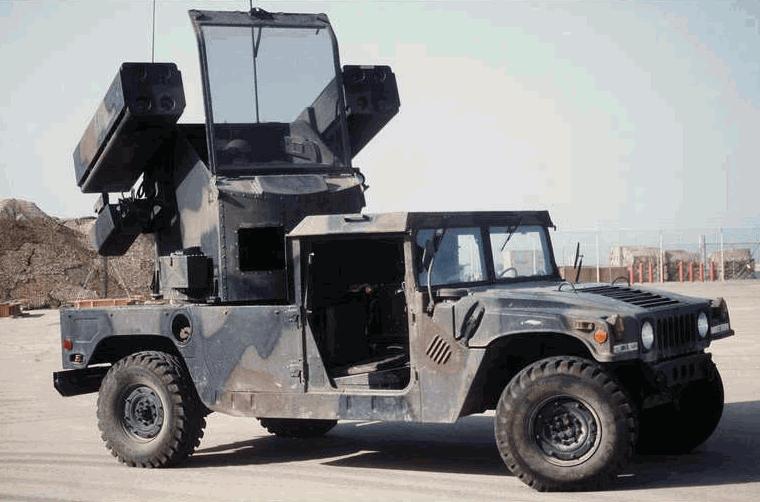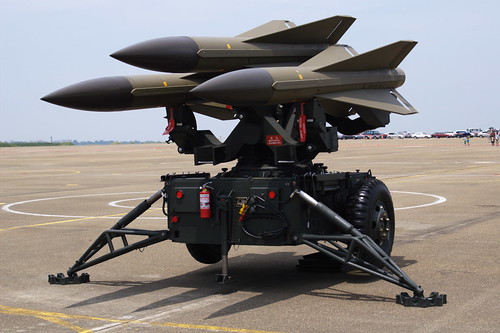1st ever night air defense drill set for Aug. 5
The China Post news staff
Wednesday, July 30, 2008
Taipei -- The government will conduct the first ever nighttime air defense drill to be held on the e
vening of Tuesday, Aug. 5 covering all cities and counties in northern Taiwan.
The 2008 Wan-an (Forever Safe) air defense drill will affect people living and working in Taipei City, Taipei County, Keelung City, Yilan County, Taoyuan County, Hsinchu City, and Hsinchu County in northern Taiwan 10:30 p.m. to 11:00 p.m.
The annual drill, aimed at beefing up the nation's defense against possible aerial attacks from outside, has been carried out in the afternoons for decades.
Under the planning of the Ministry of National Defense (MND), the air drill this year will be staged during the night to raise public awareness that "outside threats could take place any time."
Senior MND commanders, local administrators, police force, and voluntary police teams will coordinate for the unprecedented air drill.
This is part of the nationwide 2008 Wan-an air defense drills with exercises held in five different districts -- north, central, south, and east districts of Taiwan plus offshore islands -- from May to October.
For the northern Taiwan drill, Taipei Mayor Hau Lung-bin will concurrently serve as the top commander in civil defense for the capital city.
Hau will inspect the anti-aerial defense exercise via the advanced electronic monitoring networks that cover the whole Taipei area.
One of his commanding posts will be set up on the 72nd floor of the Taipei 101 Tower for the best views over the operations.
After air sirens are sounded, all lights, except for traffic signals and street lamps, have to be turned off during the half-hour period.
People should stay inside their homes and shut down the electricity and gas supply systems before hiding at safe spots.
All commercial operations, including convenience stores, are required to closed their doors, although business transactions may continue inside if they have customers when the drill starts.
Pedestrians and vehicles on streets must stop and get off the cars to hide as instructed by air drill officers.
The public transport systems like the airport, mass rapid transit (MRT) system, high-speed rail trains, and the conventional rail service will continue operating.
But passengers getting out of the airports or stations will have to take orders to stay in safe places as instructed.
People who disobey the rules or instructions will face fines between NT$30,000 and NT$150,000.











